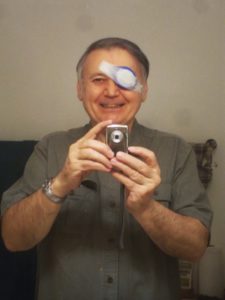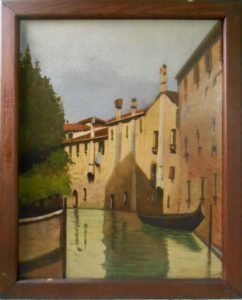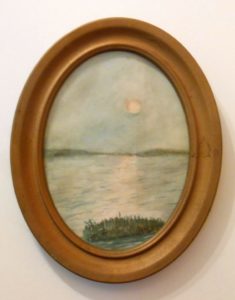Before dropping “Sully” into the mail to Netflix, I watched it again last night. A couple of thoughts:
Of 155 people aboard that airplane, not one casualty. Why? Individual initiative and societal organization, both. People who think we can get by with only one or the other are either inexperienced or are prisoners of an ideology or are crazy.
Within 24 minutes, 1200 first-responders, seven river ferries.
That airplane landed on the Hudson River because one man exercised his individual judgment, honed by 42 years of experience. The passengers and crew lived because they were saved from exposure on a raw January day by trained teams of first responders, and by people’s immediate instinctive desire to help those in need, combined with pre-existing organization. Fireboats and ferries and first-aid facilities weren’t summoned out of thin air when needed; they existed because they had been created against possible future need.
i’m not saying this very well. My point is that in a complicated technologically integrated society, you can’t have it the way it was when your lone cowboy rode his horse on his own. You need government, you need organization, you need complicated arrangements. At the same time, the more complex society becomes, the more — not less — we need individual judgment, individual courage, individual initiative. And, on the other hand, you also need bureaucracies like the National Transportation Safety Board to analyze what went wrong, what went right, so help prevent future tragedies.
it isn’t an “either / or” situation, and anybody who thinks it is (perhaps because of a one-sided ideology) is not seeing the situation as it is.
It’s all in Hemingway’s underrated novel To Have and Have Not. It’s as Papa told me, which i quoted in Afterlife Conversations with Hemingway.
[Hemingway speaking to me:] “So — to get back to the point I started — government is a necessary protection racket, and the closer the world gets tied together by technology, the more necessary and the more intrusive government gets. It doesn’t have anything to do with intentions, and not much to do with ideology. It’s a matter of technical necessity, you might call it. If you have sailing ships, they go where they want and they can take their chances. But if you have coal-fired ships, now they have to have coaling stations. And if you go to motor ships, now they have to have access to refueling docks. You see? More complex things require a more complex network of support. And then when radio comes, you can do more to help, so you set up stations to help seamen know where they are by triangulating, and to let them have somebody to broadcast to if they are in trouble. But if you have radio, you have to have some sort of regulation of radio, or it becomes chaotic.
“And so one thing keeps leading to another, and regulation keeps getting piled onto regulation, and it’s always in response to somebody seeing a new need, whether the need is real or not. The thing that is moving it is technical elaboration — or what people call progress. Well, progress always leads toward something, but it also leads away from something, at the same time, and what it’s leading away from had its value; maybe more than what you’re moving toward. No matter what, you can count on the fact that to some people, what you’re calling progress is progress in the wrong direction. By the way, this is why so many people in your time see conspiracy everywhere. They can feel that current, always pushing toward one goal of more complexity, more regulation, more regimentation. They think it’s designed, when it is really gravity, with some people taking advantage of the downhill slope for purposes of their own.”
So those are my late-night thoughts on seeing “Sully” again.






